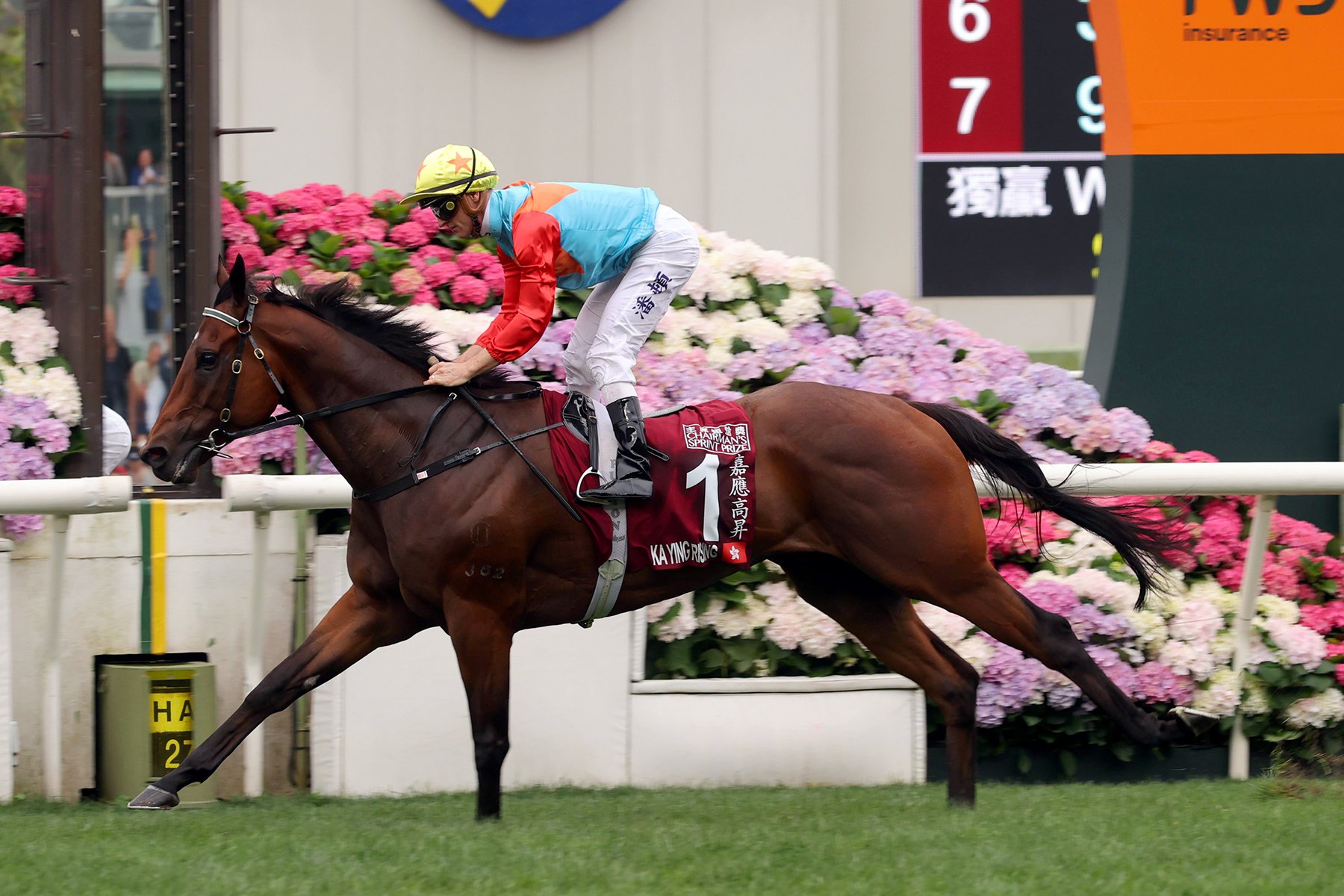President Jacob Zuma raised the matter of South African horse exports during the recent State visit to the United Arab Emirates. In his meetings with the President and Vice-President and Prime Minister of the UAE, HH Sh. Khalifa Bin Zayed Al Nahyan and HH Sh. Mohammed Bin Rashid Al Maktoum, respectively, President Zuma urged their Government to review the ban on imports of horses and red meat from South Africa.
Racing South Africa’s marketing arm, The SA Equine Trade Council, was invited by the Department of Trade & Industry (DTI) to support the State visit which was intended to grow trade links between the two countries. The SA Equine Trade Council is a non-profit organisation jointly funded by Racing South Africa and the DTI and is specifically tasked with promoting South African bloodstock (of all breeds) to global markets. Equivalent organisations from other parts of the world include French Racing & Breeding, AusHorse and Irish Thoroughbred Marketing.
Council took a small delegation made up of the CEO, Mr Peter Gibson, prominent racehorse owner and breeder, Mr Hassen Adams, leading International trainer, Mr Mike de Kock, and AHS expert and Director of the Equine Research Centre, Prof Alan Guthrie, to attempt to break the horse export deadlock to the UAE. It was hoped that the Presidential platform could greatly assist the process.
Following Council’s briefing of the Minister of Trade & Industry, Mr Rob Davies, his Chief Director, Mr Yunus Hoosen and the South African Ambassador, HE Yacoob Omar, Government agreed to prioritise horse exports to the UAE.
At all subsequent official meetings with the UAE Government and business community, the horse export and red meat industries were singled out as the only sector that required political intervention.
Additionally the delegation achieved excellent media coverage on Television and in the printed press – follow these links:
http://gulfnews.com/business/general/south-africa-uae-trade-to-expand-1.929858
http://www.arabbrains.com/2011/11/14/sa-invests-r3bn-in-uae/
http://www.sundaytribune.co.za/zuma-ask-review-of-uae-livestock-ban-1.1177991
The delegation arranged separate meetings to explore collaborative opportunities between the two countries and it is hoped that genuine progress can now be achieved by the start of next winter, when the bulk of the horses destined for the UAE (and other Middle East countries like Qatar and Bahrain) are purchased for export.
As a consequence of the visit, Council was also able to grow Government’s understanding of the entire value chain of the South African equestrian industry, in particular that of the Sport of Horseracing, and how it positively impacted the South African economy. Internationalising the equestrian industry via horse exports and international competition will go a long way towards achieving Government’s objectives of growing the economy and creating much needed jobs, especially in the historically disadvantaged rural communities.
.
BACKGROUND INFORMATION ON SOUTH AFRICAN HORSE EXPORTS
South Africa has exported over 350 000 horses to the world since the 1700’s, but has never exported African horse sickness (AHS) to any country.
In 1997, the EU ratified the South African horse export protocol which permitted the export of horses from the AHS Controlled Area in the Western Cape. Since then, South Africa has exported close to 1000 horses. The following should be noted:
• There has never been an outbreak of AHS in the AHS Free Zone
• AHS is seasonal and does not occur during the South African winter, providing a natural period of freedom from AHS virus
• In the context of the AHS Controlled Area in the Western Cape, historically this is July to January
In 2003, the UAE adopted the South African horse export protocol which resulted in the import of 100 horses from Cape Town to Dubai until January 2004. As a result of concerns about the risks associated with AHS, the UAE subsequently introduced import conditions which are not in line with the prevailing international veterinary regulations prescribed by the World Organization for Animal Health (OIE). Practically speaking, this meant that horses were routed via the EU for a period of 30 days before being allowed entry to Dubai at significant additional cost, time and loss of fitness.
Horse exports to the UAE are currently worth R100m per annum, but once the quarantine situation improves, it is expected to explode. This is backed up by the fact that South African racehorses and endurance horses have been the most successful of all exporting countries relative to numbers.
South Africa’s message to the UAE was a horse export solution based on cutting edge quarantine and testing technologies at zero risk.
This will result in the following:
• The delivery of South African horses free of AHSV
• Reduction in the length of pre-export quarantine by 60% (compared with transit via Mauritius and EU = 140 days)
• Reduction in cost of delivery by over 60% (compared with transit via Mauritius and EU = US$35 000/horse)
• Improved safety of horses (access to world class veterinary care and only 1 flight direct Cape Town/Dubai)
• Improved health and fitness levels of competition horses






